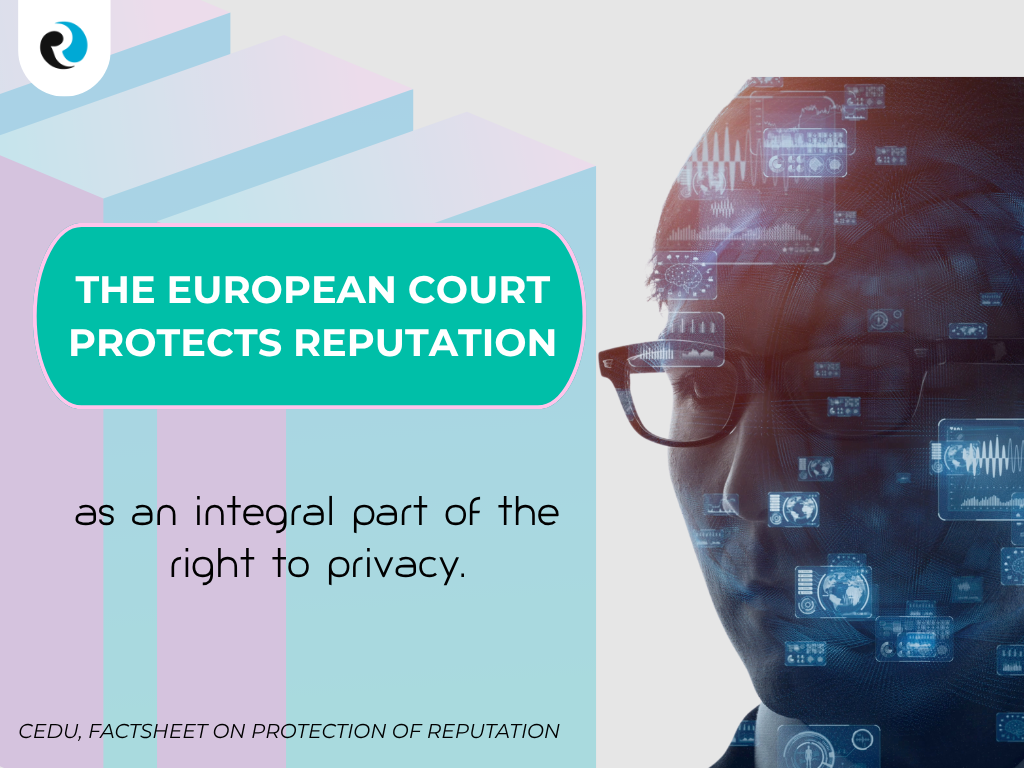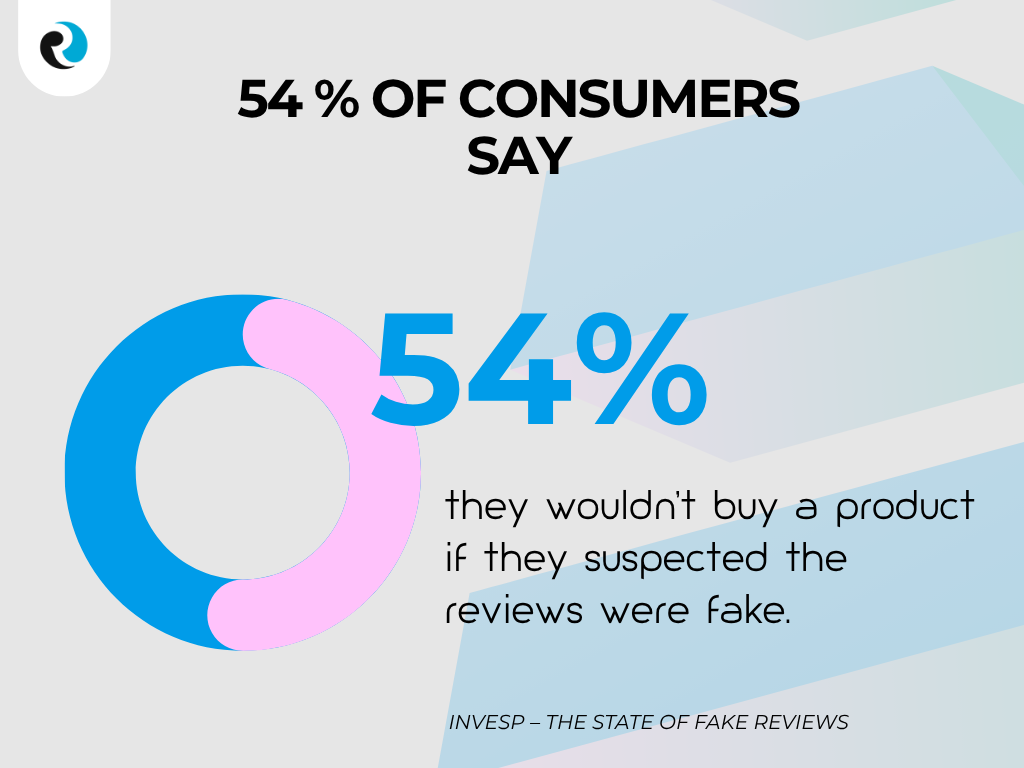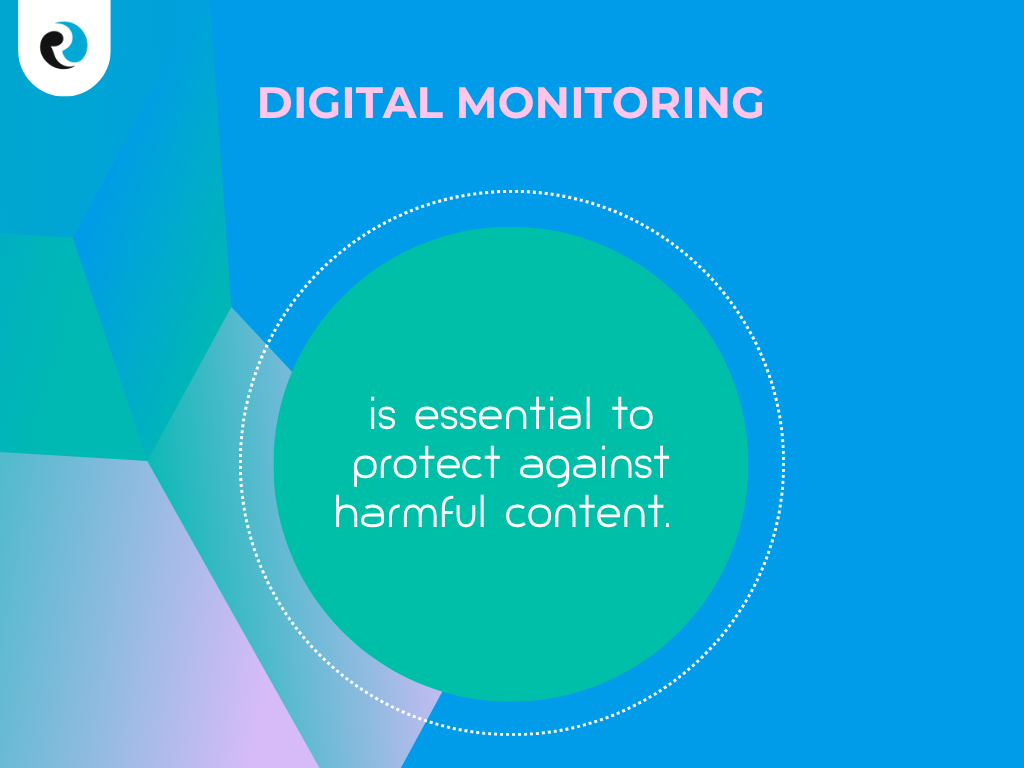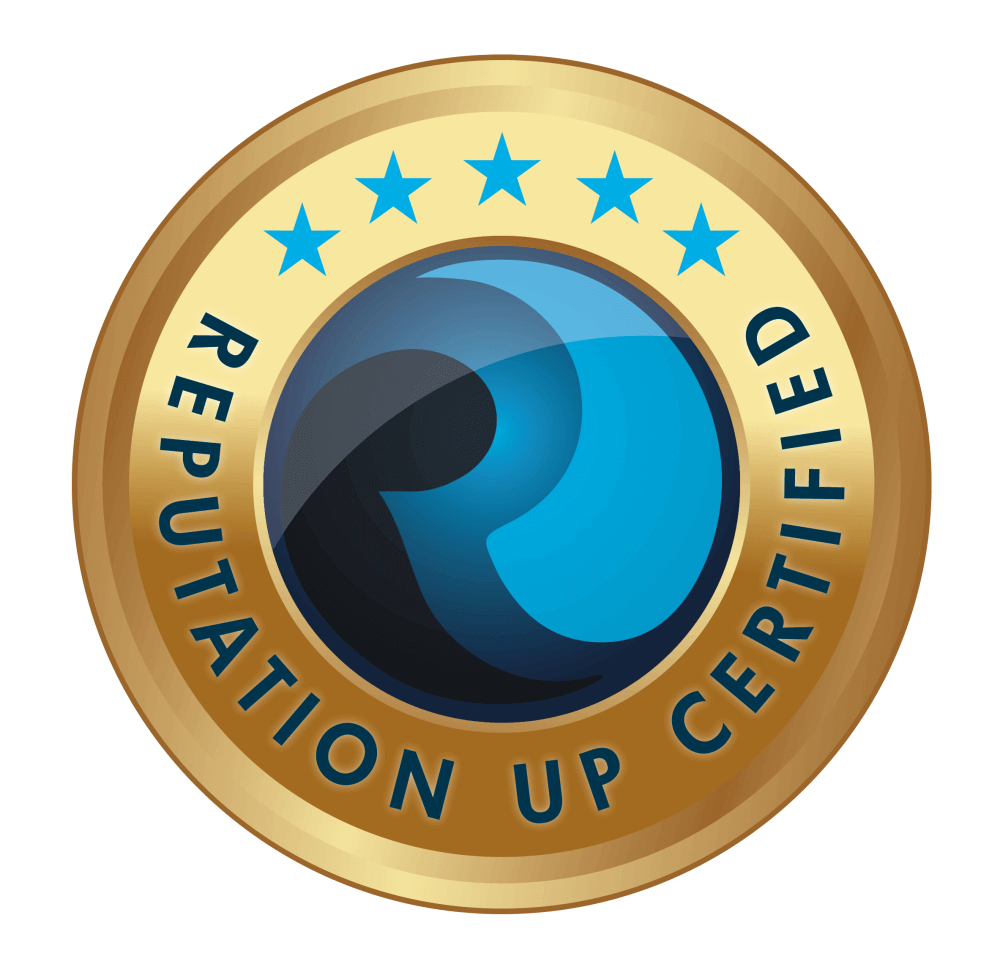Defamation is one of the most serious threats to digital reputation. False comments, manipulated reviews, defamatory articles, or viral content on social media can undermine the credibility of individuals and businesses in a matter of hours.
The Internet, with its capacity for instant amplification, makes defamation more dangerous than ever: what was once confined to a local context can now become global and permanent.
“False content online can be read by millions of people in just a few minutes. Without targeted intervention, the reputational damage becomes almost irreversible,” emphasizes Andrea Baggio, CEO of ReputationUP.
According to the World Economic Forum – Global Risks Report 2024, online disinformation and defamation are now ranked among the most significant global risks to social and economic stability. This demonstrates that this is not just an individual problem, but a systemic challenge affecting governments, businesses, and citizens.
What is online defamation?
Online defamation involves spreading false, exaggerated, or manipulated information that damages the reputation of a person or organization. It should not be confused with legitimate criticism: the distinction lies in the veracity of the facts and the intent to harm someone else’s image.
It can take many forms: manipulative articles, fake reviews, viral posts, artfully edited videos, or anonymous comments on forums and social media. The European Court of Human Rights (ECHR) has clarified that reputation falls squarely within the protection of Article 8 of the Convention, which protects private and family life.

The concrete effects of digital defamation
Experiencing online defamation means facing consequences that don’t stay confined to the web. The damage is real, tangible, and often long-lasting.
First, there’s the social dimension: isolation, stigma, and a loss of trust are common effects for those who fall victim to online attacks. It’s not just a question of digital reputation, but of compromised everyday relationships.
psychological dimension: anxiety, stress, and even depression. A study by the University of Cambridge (2024) revealed that over 70% of victims of online defamation reported experiencing negative consequences at work and in their social lives.
Beyond the social and psychological dimensions, digital defamation has a significant economic impact. The OECD, in its Business and Finance Outlook 2024, estimates that reputational loss can impact up to 30% of a listed company’s market value. This means that even a single defamatory campaign, if left unchecked, can have devastating effects on investors and customers. Companies targeted by fake reviews, for example, can lose customers, partnerships, and credibility. For professionals, defamatory content can jeopardize hiring, engagements, or collaborations.

How to defend yourself legally
The first step in combating defamation is knowing your rights. In Europe, the General Data Protection Regulation (GDPR) recognizes the right to erasure of personal data, known as the right to be forgotten, which also applies to defamatory content. In 2024, the Court of Justice of the European Union (CJEU) reaffirmed that the right to be forgotten also applies to defamatory content, requiring search engines to de-index infringing links when the veracity of the information cannot be proven.
Even the technology platforms themselves have introduced specific policies: Google, in its guidelines updated to 2024, allows users to request the removal of content deemed defamatory or false from search results.
Added to this is the Digital Services Act (DSA), which came into full force in 2024, which obliges platforms to remove illegal and defamatory content with swift and effective procedures.
Available legal tools include:
- Complaints for aggravated defamation, with criminal and civil consequences.
- Direct removal requests to site and platform operators.
- Deindexing questions for Google and other search engines.
- Civil lawsuits for compensation for economic and moral damages suffered.
These tools demonstrate that the law has not lagged behind the digital era: today, effective protections exist for those who decide to defend their reputation.
Defend yourself technologically
While the law provides protection, technology offers prevention tools. Constantly monitoring the internet is the only way to intervene promptly against defamatory content.
Thanks to artificial intelligence, it is now possible to detect in real time posts and articles that mention a brand or person, analyze their tone (sentiment analysis) and evaluate their reputational risk.

The most commonly used technological tools include:
- Social listening, to intercept negative mentions and content in real time.
- AI for sentiment analysis, useful for distinguishing legitimate criticism from defamation.
- Automated removal tools, which speed up requests to sites and platforms.
Social media platforms have also begun implementing expedited reporting procedures for defamatory content. Meta, for example, introduced a protocol in 2024 that allows for the removal of posts flagged as defamatory within hours, while TikTok and X (formerly Twitter) have strengthened their policies against content that violates human dignity.
Rebuilding your reputation after an attack
Removing defamatory content is only part of the process. Once damaged, your reputation must be rebuilt.
Rebuilding means:
- Create authoritative content that enhances your image.
- Optimize your SEO presence to promote positive news and articles.
- Strengthen your social media presence with transparent and consistent narratives.
- Monitor the SERP to intercept new threats.
“Every reputational crisis, if managed correctly, can become an opportunity for digital rebirth,” observes Juan Ricardo Palacio, CoFounder CEO of ReputationUP.
The role of ReputationUP
ReputationUP specializes in online reputation management and protection. Our approach integrates legal, technological, and communications expertise to address defamation from every angle.
Services include:
- Quick removal of defamatory content from websites and search engines.
- Legal handling of de-indexing and compensation requests.
- SEO and digital PR to strengthen positive content and counter false narratives.
- Continuous monitoring with customized reports and alerts.
With ReputationUP, defense isn’t just reactive: it’s a long-term strategy to protect and enhance your digital identity.
Conclusion
Online defamation is one of the most pervasive threats of our time. It affects not only your image, but also your trust, relationships, and economic opportunities.
The most important lesson is that defending against online defamation requires an integrated approach: legal, technological, and communications. Only by combining these three pillars can we ensure not only the removal of harmful content but also the building of a stronger and more resilient digital reputation.
With the support of ReputationUP, any individual or company can transform a reputational crisis into an opportunity to reaffirm their credibility and digital dignity.
FAQ
The dissemination of false or manipulated content that damages the reputation of a person or organization.
The GDPR (right to be forgotten), the Digital Services Act, and national laws against defamation.
Yes, thanks to monitoring tools and artificial intelligence that allow for timely intervention.
With SEO, digital PR, authoritative content, and constant monitoring.
Because it offers an integrated approach: legal, technological, and communications, ensuring immediate defense and lasting reconstruction.

